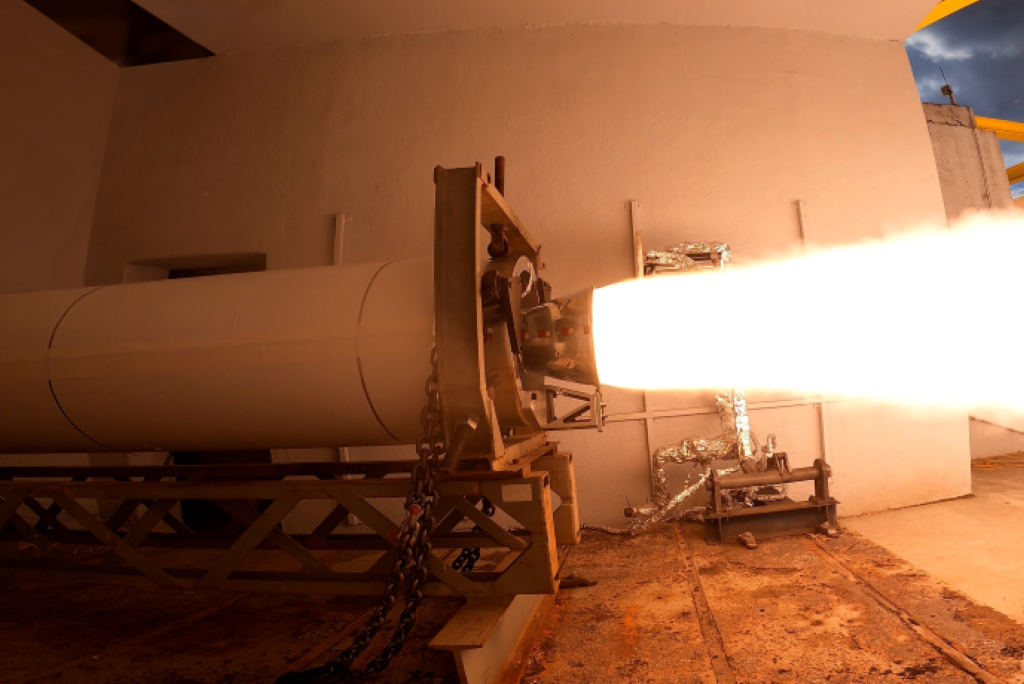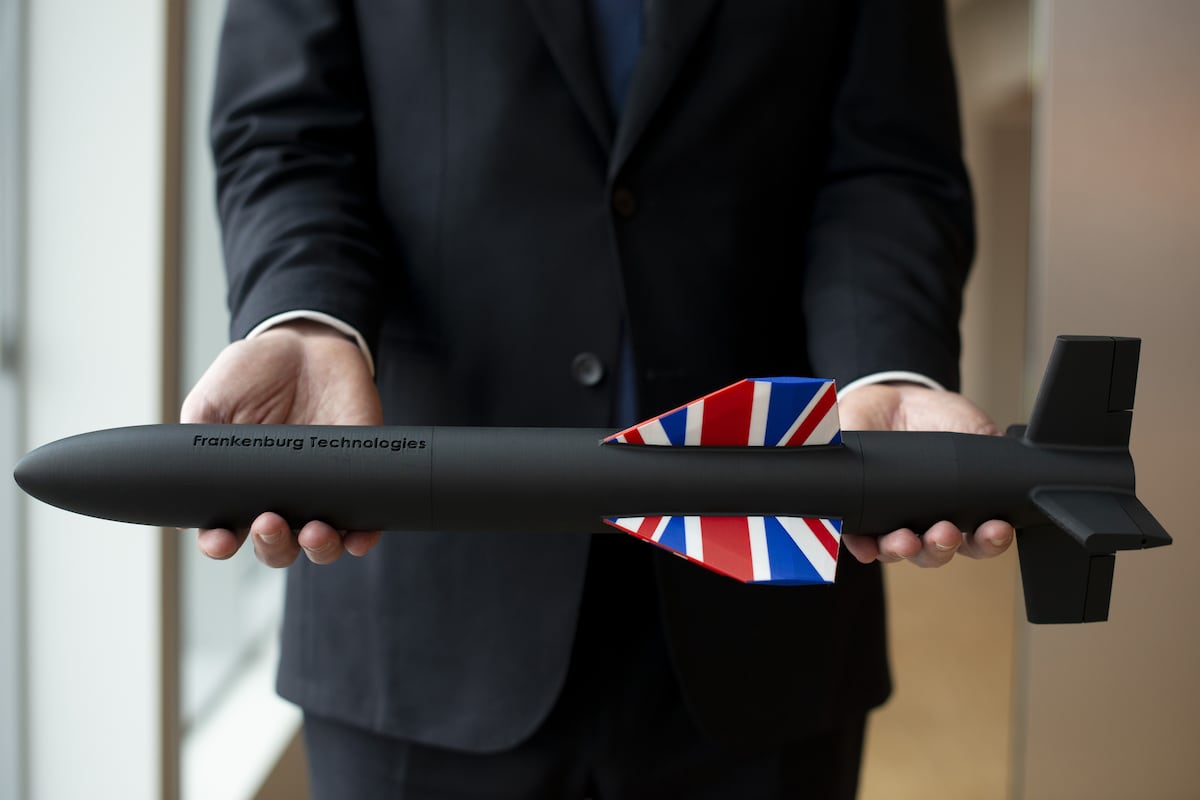France, Germany, and Spain Forge Ahead with Future Combat Air System Amid Industry Tensions
Commitment to Collaboration
The French Ministry of Armed Forces has reaffirmed its dedication to achieving a mutually beneficial outcome with Germany and Spain regarding the Future Combat Air System (FCAS) by the end of this year. Despite ongoing tensions among industrial stakeholders, all parties involved are reportedly “fully mobilized” to advance phase two of this ambitious program, which includes the development of a demonstrator for the next-generation combat aircraft.
Redesigning Cooperation Framework
Earlier this year, France urged its partners, Germany and Spain, to reconsider their cooperative framework within the FCAS initiative. The aim is to enhance industrial leadership and ensure that the project aligns with critical timelines, targeting the operational deployment of a new fighter jet by 2040.
- Key Focus Areas:
- Strengthening industrial leadership among partners.
- Ensuring timely progress to meet set deadlines.
Dassault Aviation, France’s primary industrial contributor to the fighter segment of the program, has voiced concerns over ongoing disputes regarding work distribution, particularly with its partner, Airbus. This discord is perceived as a significant factor delaying advancement.
Strong Determination to Resolve Issues
The French Armed Forces Ministry emphasized the resolve of France and Germany to deliver on the FCAS project in collaboration with Spain. They stated their commitment to arriving at a mutually agreeable solution within the specified timeframe.
- Statements from Leadership:
- French officials insist on the need for a workable agreement by year-end.
- Spanish Prime Minister Pedro Sánchez asserted the importance of adhering to the original work-share agreements.
- German Chancellor Friedrich Merz acknowledged that current arrangements are untenable, indicating that discussions are ongoing.
Historical Context
This present crisis within the FCAS mirrors experiences from a joint European fighter initiative in the 1980s, which dissolved due to disagreements over design authority and operational needs. The outcome was the independent development of the Rafale by Dassault Aviation and the Eurofighter Typhoon by a consortium including Germany, the UK, Italy, and Spain.
Progress and Future Directions
As phase one of the FCAS program concludes with key technology contracts signed, the focus now shifts to mobilizing the team for an upcoming decision set for late 2025.
- Recent Developments:
- Germany’s defense ministry has engaged with Airbus on FCAS discussions, signaling exploration of potential collaborations with Sweden or the UK, or the option to proceed independently alongside Spain.
The evolving strategies, including initiatives in the United States, adopt a systems-of-systems approach that integrates a manned sixth-generation fighter with unmanned aerial support and advanced AI capabilities to enhance situational awareness and operational efficiency.
Conclusions
As the FCAS project grapples with organizational and operational challenges, the commitment and adaptability of its stakeholders will be critical. This situation underscores the complexities of multinational defense collaborations and the potential repercussions of unresolved disputes on the future of European defense projects. The success of the FCAS initiative will significantly influence Europe’s strategic autonomy in aerial warfare capabilities.





